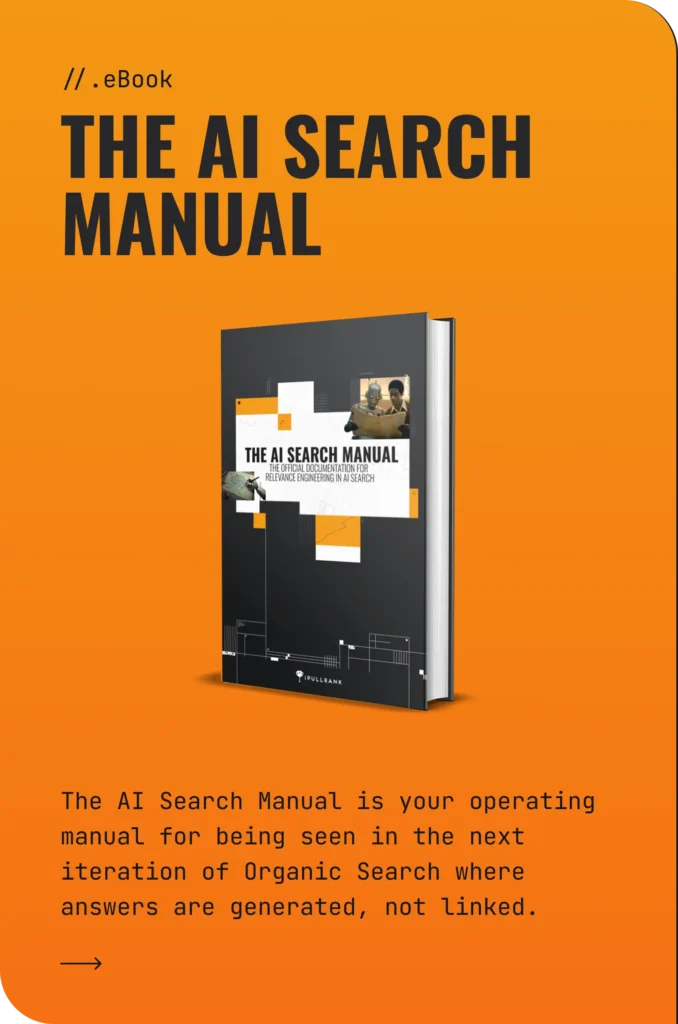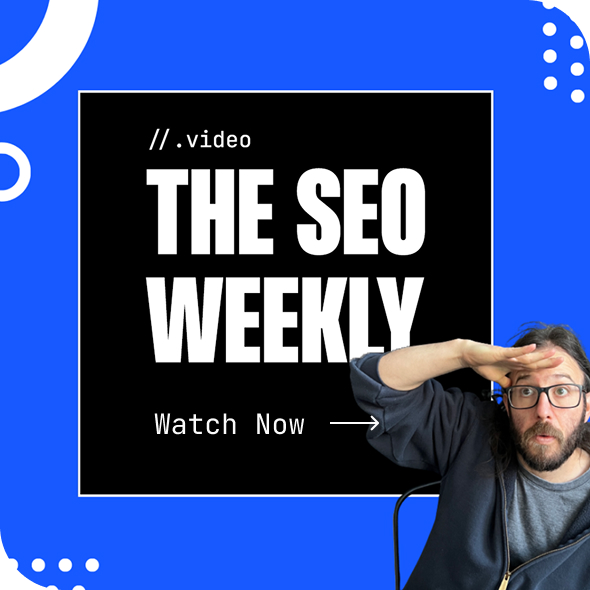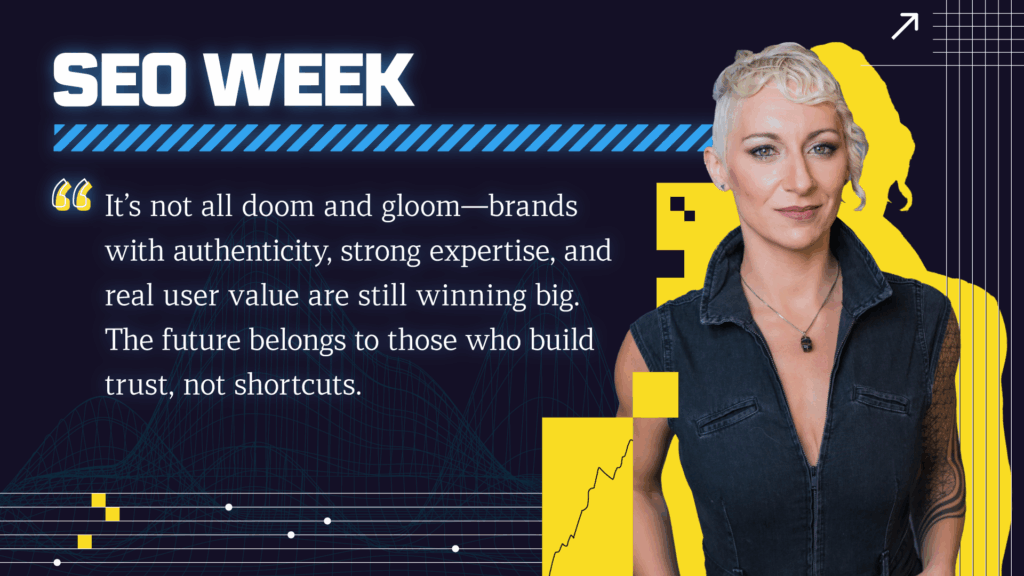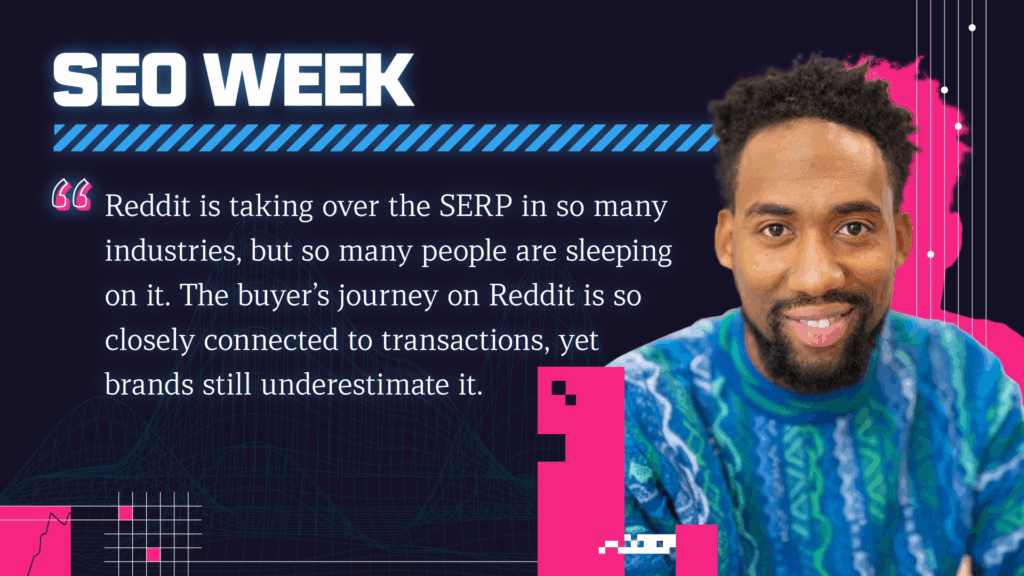In the beginning, there was a paper. This paper outlined the way some search engine, created by a couple of Stanford grads, measured authority and relevance. This paper talked about the single most important ranking factor: the hyperlink. Hyperlinks were the best indicators of both authority and relevance because they were natural.
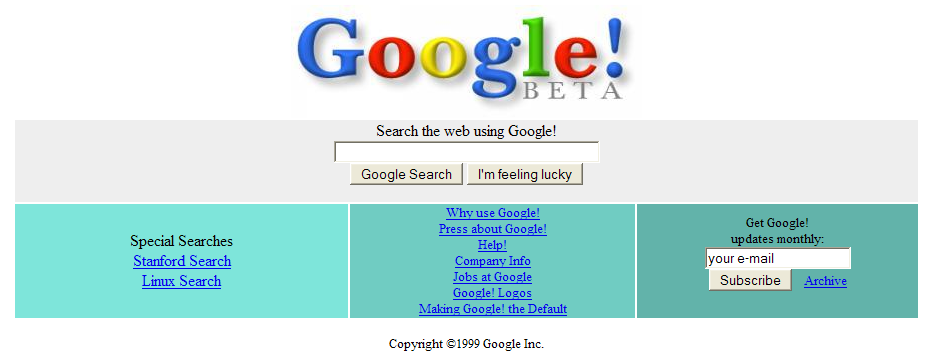
It’s time we go back 14 years to the time this paper was published. It’s time we start thinking about what it takes to be linked naturally. It’s time we stop thinking we can play the long-term game by consistently creating crap content and depending on quick & easy link-building strategies. While one-time outreach campaigns can be successful, they’re just not sustainable.
The social world has given the Web’s content a reality check. I can’t say I have the extensive background in link building that guys like Eric Ward have, but I can say that after studying the way people have built links in the past 15 years, we’re finally becoming an internet society that Google originally thought it was correctly measuring. Just take a glimpse at the most popular link-building strategies over our past time. First, it was reciprocal links. Then directory submissions. Then article marketing. Finally, around 4 years ago, the term link bait started getting attention, but it didn’t really mean anything until 2009ish.
Why was link bait revolutionary? Because someone finally connected the dots between content and links. This idea was how Google was supposed to originally work; if something was great and worthy of ranking, people would naturally link to it.
What I’m trying to say here is that we need to stop thinking about building links based on manipulation, and we need to start building them based on satisfaction, because if we still think in those archaic terms, then we’re living in the early 2000s. Manipulating search engines is starting to become a thing of the past; satisfying them is the present and future.
I hate writing about creating great content because it’s such a simple message and one that’s been pounded into 99% of you reading this. The fact that I’m writing about content for links is because I’m trying to make a substantial point that still hasn’t been made yet. It’s this: If we aren’t consistently investing the majority of our resources in content & adding value to our audience, our days are numbered.
You know why? Because the natural link is making a comeback.
There are two reasons for this. The first is that, as stated above, links for manipulation and links without content are starting to become a thing of the past. The second is the fact that social mentions are not taking the place of links, which I will discuss below.
I reached out to a group of 24 SEO Experts a few weeks ago (Mike was one of them). I asked them about the future of links and if social mentions like Tweets will ever come close; the overwhelming response was No, they won’t. They weren’t saying anything about social mentions not becoming authoritative, they were saying that links aren’t going away. The reason is simple: a link is a lifelong vote, and a tweet is a 3-hour one-night stand.
If I link to something, my reputation is on the line. That’s why Google has a penalty for those who link to black hat sites. If I tweet something from a black hat site, Google’s not going to penalize me, which outright tells me social & links are two entirely separate things. Links are votes that can be used as a long-term measurement; social mentions only give something their 15 minutes (or in this case, 3 hours) of fame.
Let’s get back to how this ties into the natural link. As I said, we should be aiming for links, not social mentions, for long-term rankings, and we need to start thinking about links in a natural way. If I were an in-house SEO manager, half of my link-building budget would be going to content. The other half would be getting links to the content I’m creating. Essentially, I’d be contacting the natural linkers who didn’t end up linking; this is where some of those short-term strategies come into play.
In-house link builders, listen up. I preach some great short-term link-building strategies on my blog, such as broken link-building, but the fact of the matter is that these should not be your sole source of link equity. You should always be aiming for the natural link, and when all else fails or you need a serious push, then you tap into some of these other short-term strategies. These strategies should be your Plan B.
It’s time to show rather than tell. Look at OKCupid, Cracked, Moz, Daring Fireball, and The Everywhereist, are just a few examples of highly linked sites/blogs. Do you think they have a team of link builders constantly contacting webmasters to link to them, or do you think they have a team of content strategists that create killer content that naturally attracts links?
Finally, we need to stop complaining that we’re in a boring niche. I understand a lot of us aren’t talking about cupcakes or gaming, science, or politics, but we need to put this past us. We need to do the best we can to steer our content in the direction of the nearest half-interesting niche. If you’re blogging about plumbing, steer towards home improvement. Create a timeless resource on DIY plumbing installation, or a post on the top 10 plumbing fails from around the world. Either make it worth referencing, or worth sharing.
We can continue exerting our energy doing manual outreach 100% of the time, building short-term success that requires constant upkeep, or we can invest our time in creating something that people want to read, people want to naturally link to, and in the end, Google wants to rank.
If one person leaves here more focused on natural links than before, then I’ve done my job.

